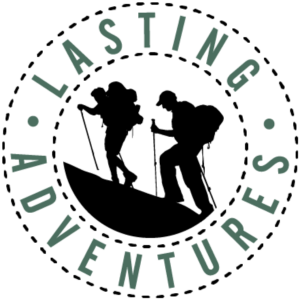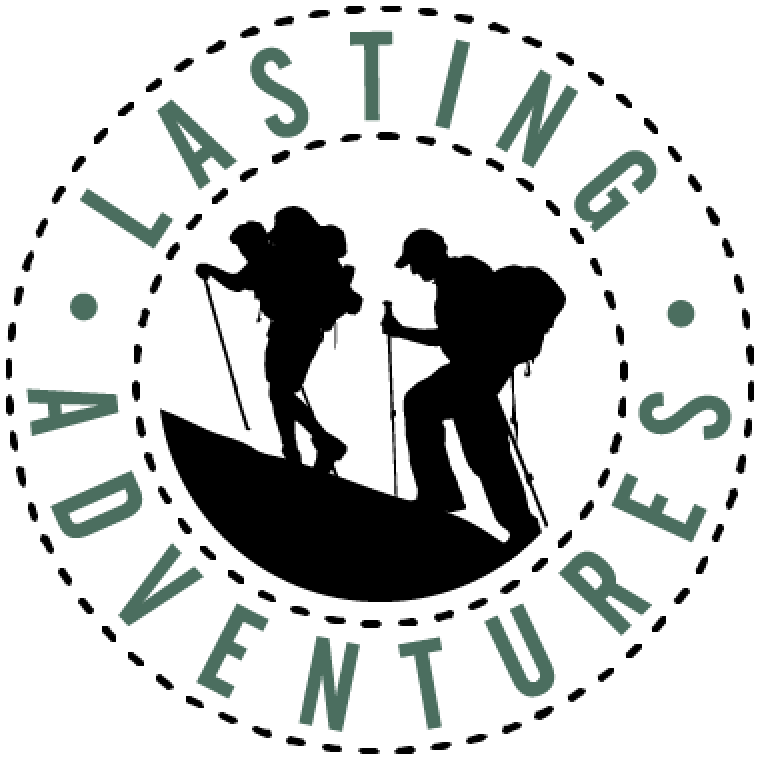In collaboration with Project Adventure, Inc. we at Lasting Adventures, Inc. agree with the definition of Adventure as a way of doing; it is not just an activity in and of itself. Furthermore, Adventure is:
SIGNIFICANT
It has meaning and relevance for participants through unique activities. Yosemite provides unlimited opportunities for personal connections to nature and opportunities for our staff (trained in the Project Adventure fundamentals of Adventure Based Counseling) to facilitate many unique activities.
CHALLENGING
It involves new experiences encouraging creative, “out of the box” thinking. Whether it be reaching the top of a trail pass in the rain/snow, cooking for the first time on a backpacking stove, participating in group games, or reaching the summit of a major peak such as Half Dome (8,836’); In Yosemite we have unlimited opportunities where participants are challenged both physically and emotionally.
SUPPORTIVE
It emphasizes teamwork to develop trust and healthy risk-taking. In our Yosemite programs this can vary from being involved in a group balance game on a log over the water, or helping a friend or colleague overcome their fear of heights as they cross the spine on Clouds Rest (9,926’). We always emphasize Safety-First, and we create an atmosphere and space where participants are supported as they push themselves to their limits.
FUN
It capitalizes on the inherent joy of learning while laughing. Many times our groups are having so much fun in the Yosemite backcountry that they forget how much learning is going on. This makes us smile. 🙂
Foundational Concepts
The foundational concepts which are embraced by Lasting Adventures include: Challenge by Choice, The Full Value Contract, The Experiential Learning Cycle, and Goal Setting.
Challenge by Choice – Challenge by Choice means the participants always have a right to choose how to participate and at a level that feels comfortable to them. Participants are asked to add value to the experience at all times. Participants are asked to respect and value the decisions of all group members. Participants have the opportunity to say “no” to a challenge that may push them beyond their growth zones into an area of panic. In making choices participants are supported and not peer-pressured into action.
The Full Value Contract – The essence of the Full Value Contract is that all people have the right to be valued – their opinions, thoughts, and feelings. This valuing includes physical safety and emotional well-being, as well as the notion that valuing oneself is as important as valuing others. The Full Value Contract serves as a structure for creating behavioral norms that everyone in the group agrees to follow, and that everyone in the group agrees to work on maintaining throughout the life of the program. Its principles are as follows:
- Be Here
- Be Safe
- Set Goals
- Be Honest
- Let Go and Move On
- Care for Self and Others
The Experiential Learning Cycle – Once participants have participated in an experience we ask them to take the time to reflect on this experience and share their thoughts, feelings, and learning. This time to reflect, generalize and transfer ideas and thoughts becomes a vital component to the learning process. This process in itself is what makes the adventure activities more educational than recreational. The questions we use include; “What happened in the activity?”, “So what can we learn from what occurred?” and finally “Now what can we do with this information?” It is during this discussion and reflection that people explore the meaning of their experience and make thoughtful connections to their own lives.
Goal Setting – Goal setting is the ability to see what is to be accomplished, then following through with that vision to completion. In the Adventure Programming model we believe that participants need to set their own goals, become responsible by having control over their goals, and utilize the group to receive feedback and reinforcement on their goal.
The information above is taken directly, with permission, from the “Adventure Based Counseling Training Manual” produced by Project Adventure, Inc. Visit Project Adventure, Inc. online at www.PA.org


